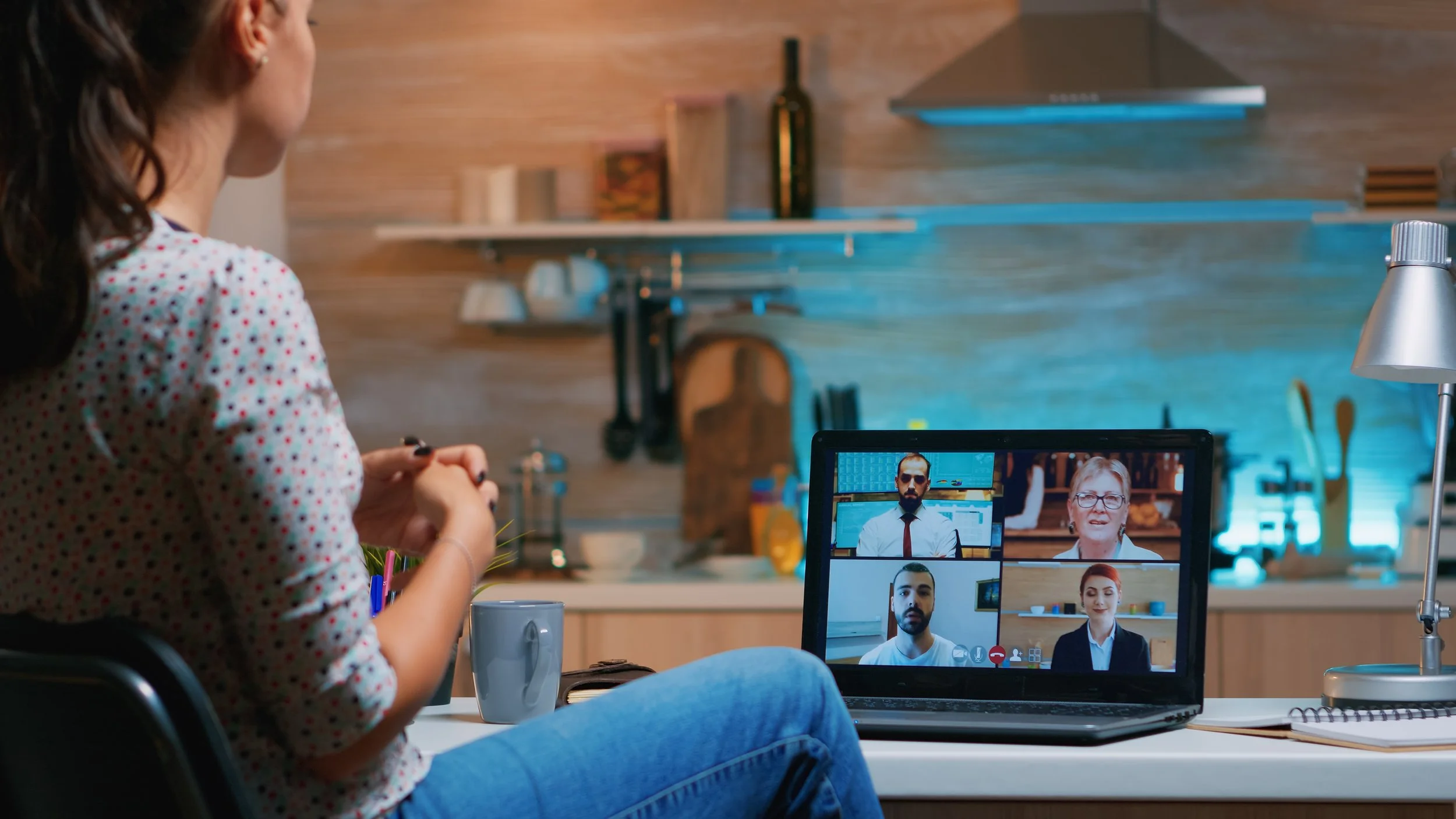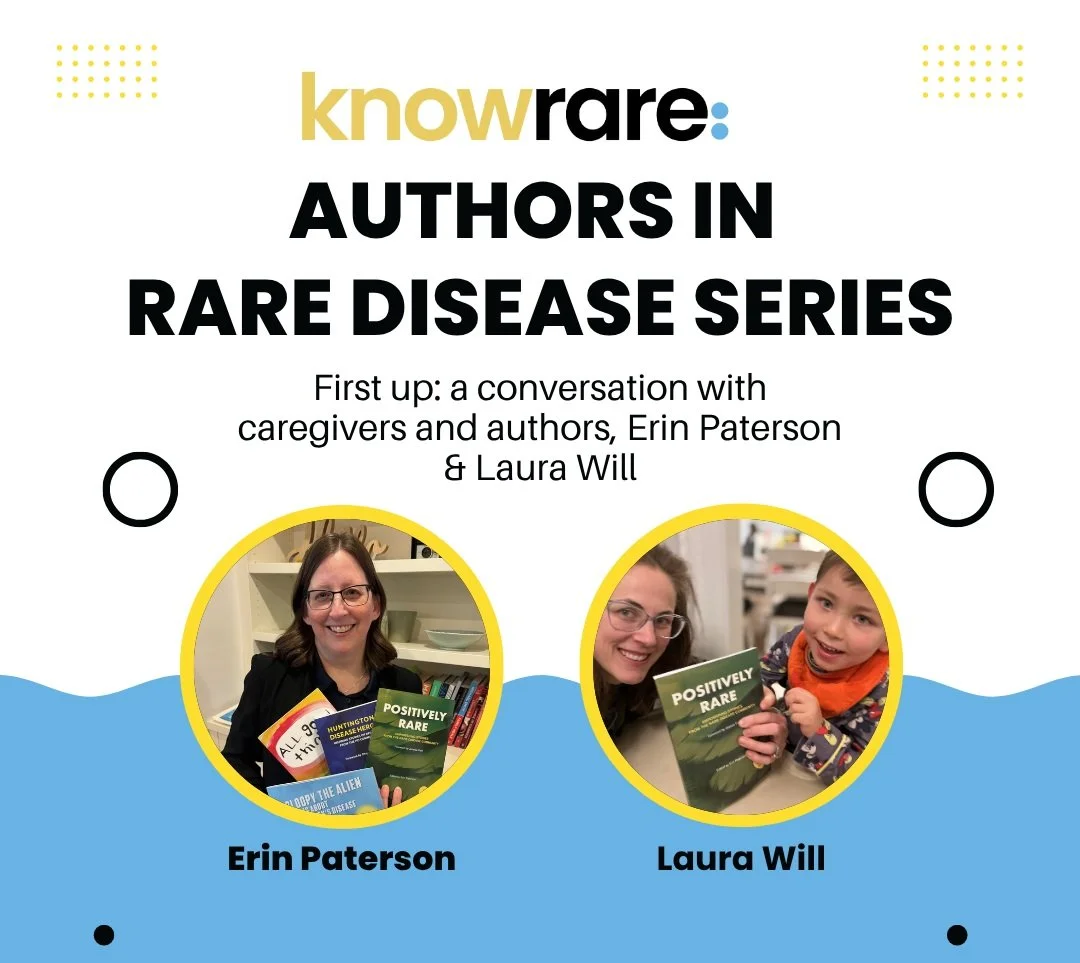Changemakers in Rare: Becca Salky
At age 15, Becca Salky became her own medical detective. Now she guides others to better support for rare disease.
Becca Salky, Rare Disease Warrior and Self-Taught Medical Detective.
By Gina DeMillo Wagner
When she was just four years old, Becca Salky woke up one day and found that she couldn’t walk. She had been recovering from a virus, and her parents initially wondered if the paralysis in her legs was a strange outcome. They took her to the pediatrician, who sent them to the emergency room, where Becca was diagnosed with Acute Disseminated Encephalomyelitis (ADEM). A doctor started her on a high dose of steroids, and Becca was able to walk again within a few days.
Her parents had hoped this was an isolated incident. But a few weeks later, Becca developed blurry vision. This time doctors diagnosed her with Bilateral Optic Neuritis (ON).
So began a mysterious pattern that would define Becca’s early childhood. Every year or so, she would have a flare-up of ON, losing vision in one eye or the other. From age four to age 10, Becca was hospitalized ten times.
Then, things seemed to settle down. “From 10 to 15, I was completely healthy, nothing really happened. And we figured, maybe it was a childhood thing that I was over,” Becca recalls.
Unfortunately, that wasn’t the case. At age 15, Becca suddenly developed double vision. A few weeks later, she had a seizure at school-- in the middle of a pre-calculous test. “That's when my situation started to get worse,” Becca says, “because after that, I just kept relapsing and was very sick.”
Desperate for answers, Becca’s parents created a detailed binder full of her medical history. They carried the binder to every appointment, including to the Mayo Clinic in Minnesota and Children’s Hospital of Pennsylvania, where they met with the leading specialists.
Becoming A Medical Detective
It’s not unusual for parents to investigate every possibility when trying to find treatment for their child’s rare disease. But what was extraordinary in this case was that Becca participated in the research from a young age.
Sometime around 2010, Becca received a preliminary diagnosis of Neuromyelitis Optica Spectrum Disease (NMOSD). She didn’t match all the diagnostic criteria for NMOSD, so the label was an approximation. Not satisfied with this uncertainty, Becca felt compelled to jump in and help find a better answer.
“I would go to my high school's library and go on the PubMed database and just research my symptoms. I’d type in “optic neuritis” and “acute disseminated encephalomyelitis”, and try to find papers or something that matched my symptoms.”
Becca eventually stumbled upon research about Myelin Oligodendrocyte Glycoprotein (MOG). The research had been conducted on mice, but something about it felt very familiar. “I felt it described my symptoms perfectly.” Yet, when she presented the research to her care team, she felt dismissed. “They sort of laughed at me, like you’re a teenager. You don’t know what you’re talking about.”
Luckily, around this time, Becca’s parents connected with a highly regarded neuroimmune specialist who practiced close to where they lived: Michael Levy, MD, PhD. Becca presented her research to Dr. Levy as she had with other doctors. Yet, his response was very different. “He was like, you know you could be right,” she says. “He said you know yourself better than we do.”
The validation and relief Becca felt in that moment was life-changing, she says. She suddenly felt less alone. At the time, there was no reliable test for MOG, so it would take a few more years to get the official diagnosis. But, eventually, she took a test, and it confirmed what Becca and Dr. Levy suspected: she has MOG antibody disease.
Paying It Forward
Armed with this new insight and diagnosis, Becca immediately thought of all the other young people who might be in a similar situation as her. This led her to nursing school and eventually to a job working with Dr. Levy as a Clinical Research Coordinator at the Neuroimmunology Clinic and Research Lab at Massachusetts General Hospital. Through her work, Becca focuses on spreading awareness about MOG, finding better diagnostic tools, leading clinical trials, and finding new treatments for patients.
In addition, through The MOG Project and The Siegel Rare Neuroimmune Association, she has led several support groups for young people living with MOG, where she can speak to the unique experiences of being an adolescent and young adult with rare disease.
Finding a community is a huge boost and has led to meaningful friendships and support in every area of life, Becca says.
Fighting Gender Disparity in Healthcare with Facts
One theme Becca noticed in young adult support groups is the disparity in how young men and young women are treated by doctors. Men and women will go to appointments with the same exact symptoms and use the same language to talk with doctors, but the outcomes are very different, she notes. “Overwhelmingly, women are told their symptoms are due to anxiety,” Becca says.
To combat this bias, Becca recommends patients create their own binder, like the one she created with her parents as a teen. Arm yourself with research, medical history, and facts, she suggests. Show the doctors evidence that they can’t deny. And if they still won’t listen? Get a second or third opinion, she advises.
Reducing Stress to Reduce Symptoms
In addition, Becca recommends that all rare disease patients, but especially neuroimmune patients, prioritize stress reduction as part of their treatment plans.
Becca became aware as a teen how stress caused her MOG to flare up more often. Now as a researcher, she looks at stress surveys and other studies connecting challenging life events with MOG symptoms. The correlation between stress, the nervous system, and inflammation is hard to deny.
How to reduce that stress will vary from person to person. As a teen, Becca certainly loved the beach. She and her mom did notice that heat and too much sun seemed to trigger Becca’s symptoms. So, while she loved, and still loves the beach, she learned to be careful about too much heat and sun exposure. Becca’s mom would bring along lots of cold water, and sometimes ice packs or washcloths to keep Becca cool so that she could enjoy the beach without triggering symptoms. Later on, Becca also traveled to Costa Rica, earned a mindfulness certification and now recommends mindfulness practices and mental health therapy to any patient looking to reduce stress and improve quality of life.
Learn More
Build your own medical evidence by downloading Health Story AI, a journaling app that can help you capture your symptom flares, moods, doctor visits, relapses, and observations, at any given moment. To learn more and download the app for free, click here.
To find a support group or learn more about neuroimmune conditions, including MOGAD, visit The MOG Project and The Siegel Rare Neuroimmune Association websites.
If you or your loved one is diagnosed with MOG-AD and would like to learn about the latest research opportunities, you can connect with the Know Rare support team by filling out a form here.































